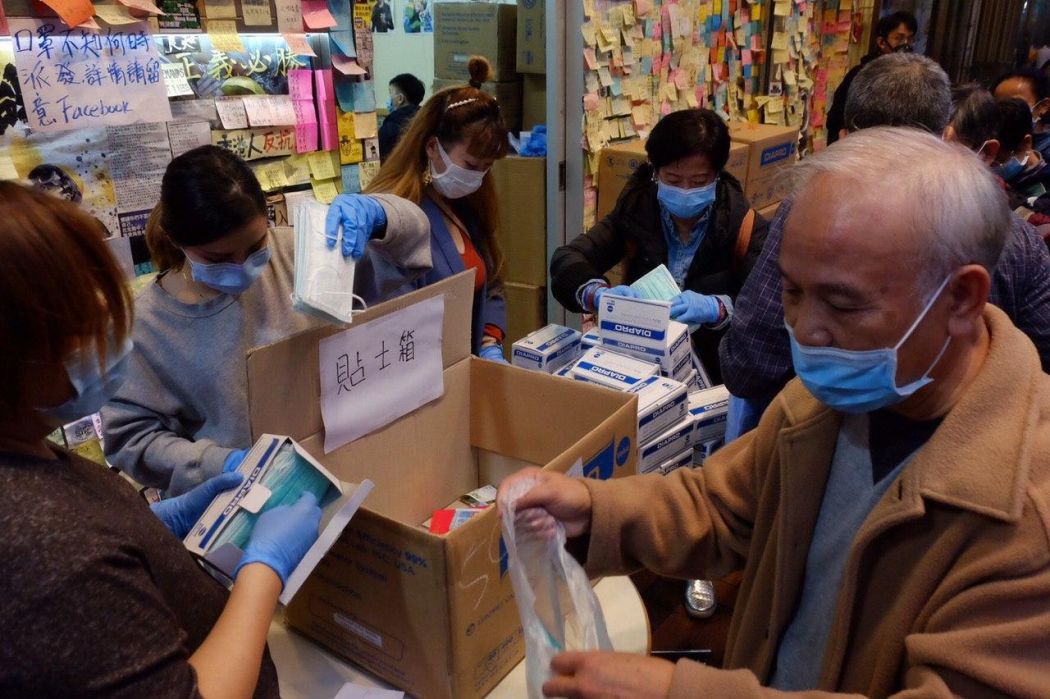The Hong Kong government has said it has no plans to enact laws to control the supply and prices of surgical masks.
Surgical mask supplies in Hong Kong have dwindled since the outbreak of the new coronavirus, which was first detected in Wuhan, China. More than 42,000 people have been infected with over 1,000 deaths globally, according to official statistics.

Hong Kong health authorities have asked people who have had close contact with confirmed cases to entire into quarantine. There were 42 confirmed cases locally as of Monday, including one death.
New People’s Party lawmaker Regina Ip, who is also an Executive council member, said on Monday that the government was preparing legislation to regulate the price of face masks.
But the government said in a statement that it would be more pragmatic to strive to manage demand by increasing product supply.
It added that experts have said the epidemic may continue for a long period of time and that there were difficulties in procuring surgical masks because multiple regions have confirmed cases of infection, causing global demand to surge.
“The government currently does not have any plans to mandatorily control the supply and prices of surgical masks through legislation, because this could be counterproductive, rather than addressing the problem at [its] source, i.e. inadequate supply,” it said.

The government said it has adopted a multi-pronged approach to securing masks through different channels and means. Priority will be given to healthcare workers, essential services personnel, and those who are required to be in close contact with the public.
It added that the Correctional Services Department has also increased the volume of its mask production.
“The government appeals to members of the public to go out less often and reduce social contact in accordance with experts’ advice,” it said.
